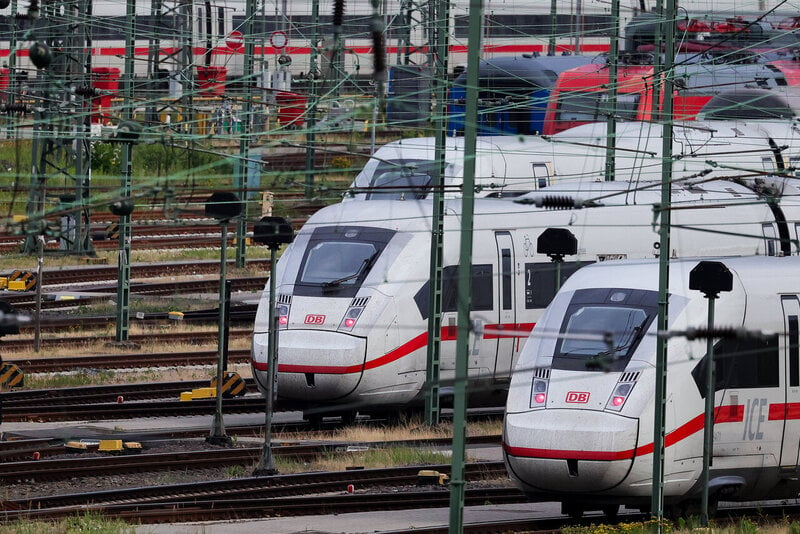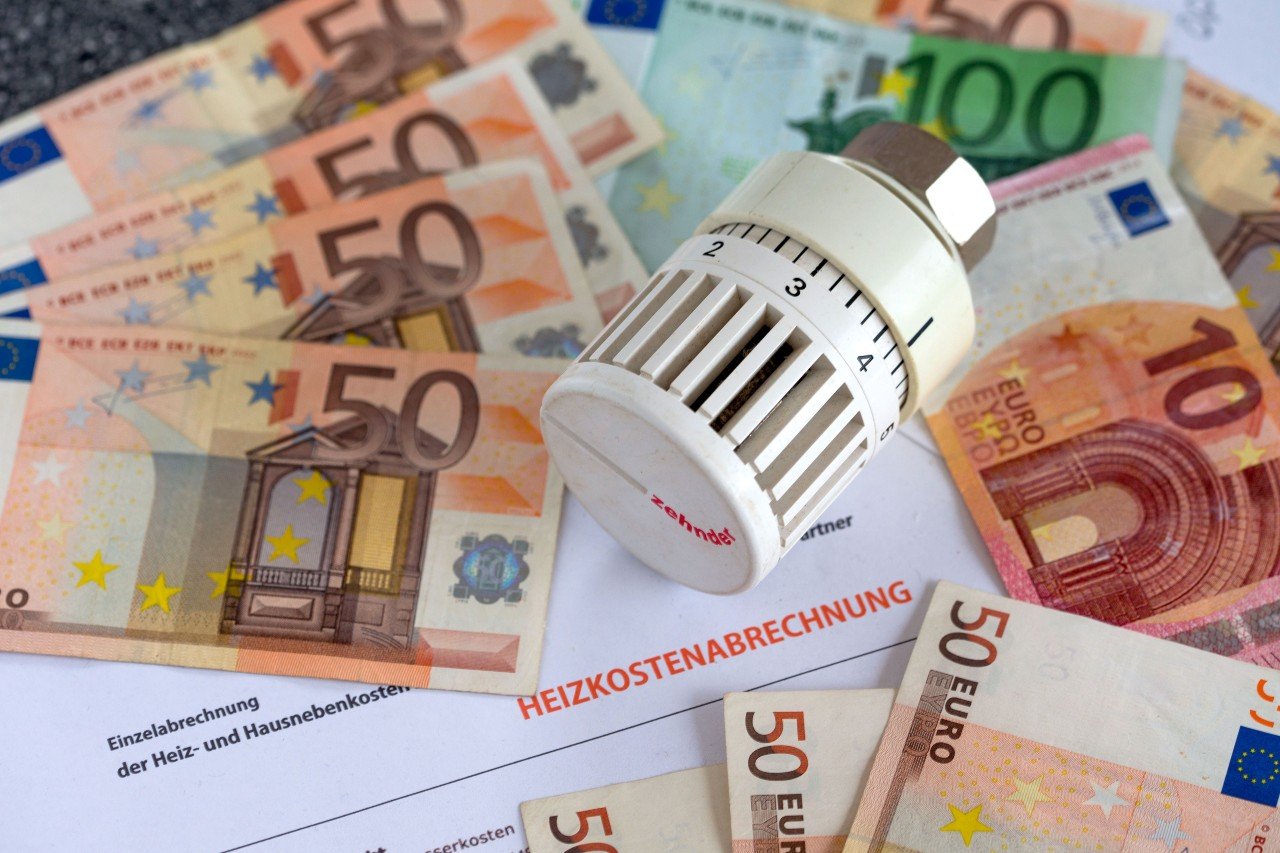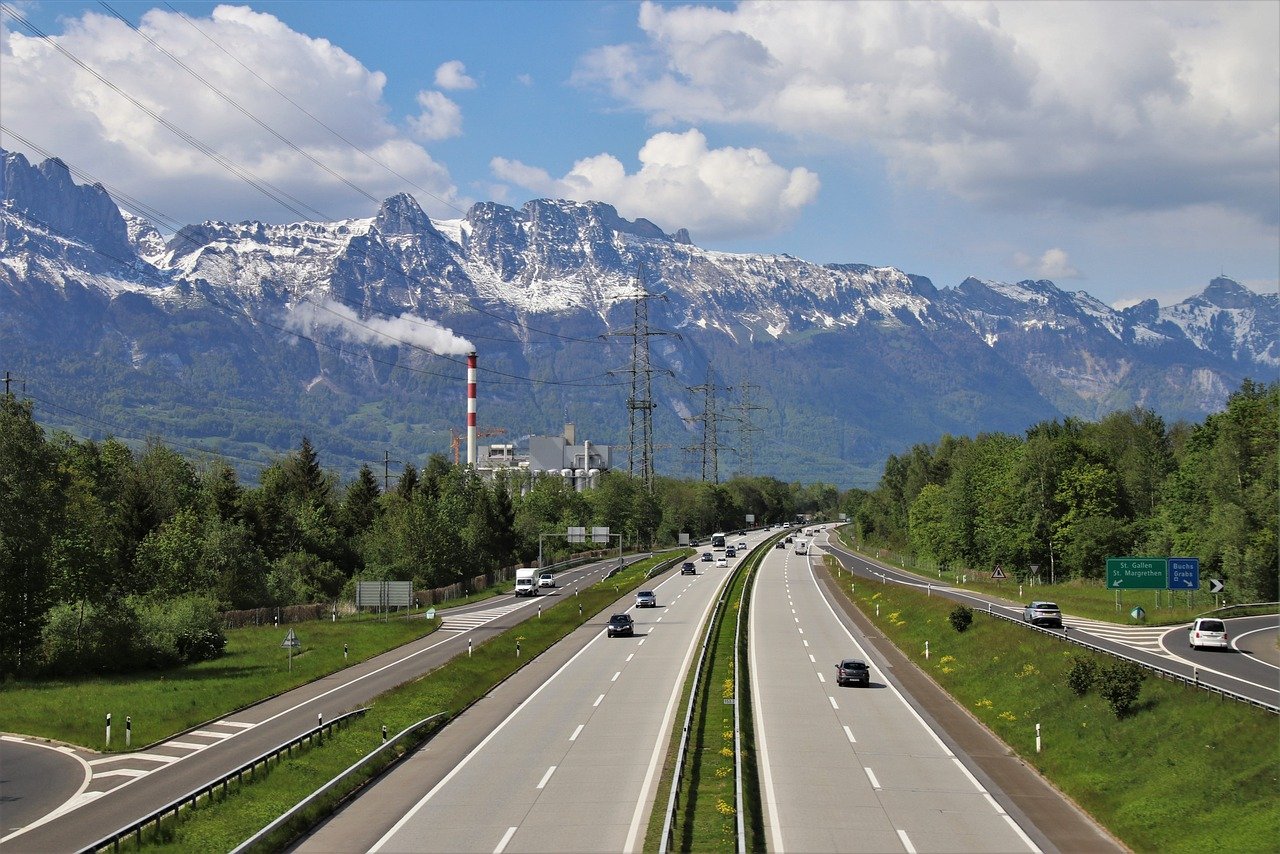Tenants to receive utility bills for 2022
As the end of the year approaches, many tenants in Germany are due to receive utility bills.
But this year there could be a shock as the increased energy prices in 2022 have been taken into account.
Tenants who do not receive their utility bill for 2022 until after December 31st 2023 are in luck: landlords are generally no longer allowed to demand additional payments unless the delay is not their fault.
We’d recommend checking the bill closely and consulting with a tenants’ support group if you have any questions.
Deutsche Bahn switches to winter timetable
The new long-distance train timetable kicks in from December 10th.
There is some good news for travellers – there will be more train services between Berlin and Munich as well as Hamburg and Magdeburg. Plus more trains will be used on the Berlin – Wuppertal – Cologne, Magdeburg – Schwerin – Rostock and Nuremberg – Jena – Leipzig routes. Additional stops will also be added in some cases.
READ ALSO: How Germany’s long-distance train services will change next year

Furthermore, the Berlin – Paris and Berlin – Brussels connections will be launched in December in cooperation with Austrian Federal Railways (ÖBB). Initially, the night trains will run three days a week.
However, some prices will also go up. Flextickets will cost around five percent more. The price of the Bahncard 25 will also rise by three euros to €62.90 per year. However, there will be no changes to the saver prices and the Bahncard 50.
One thing to keep in mind though is that there could be strikes in the coming weeks due to the ongoing dispute between Deutsche Bahn and the train drivers’ union GDL.
READ ALSO: German train drivers’ union ballots members on unlimited strikes
Christmas post deadline
Anyone sending letters or packages to friends and family in Germany should take note of some important dates.
Letters need to be sent by December 21st to arrive on time for Christmas, according to Deutsche Post. For packages, the cutoff date is December 20th.
Outside of Germany, there are no guaranteed dates but getting things in the post earlier is always better.
Meanwhile, most Deutsche Post branches are open on December 23rd and December 30th but will be closed on Christmas Eve and New Year’s Eve (as well as the public holidays).
It’s the most wonderful time of the year
Speaking of holidays, keep in mind that there are some days off for employees in December.
December 25th and 26th fall on Monday and Tuesday this year and these are nationwide public holidays, while New Year’s Day (January 1st) is also a holiday.
Employees and businesses usually close early on Christmas Eve and New Year’s Eve. This year it falls on a Sunday so most places will be shut anyway. Buy your food and drink in plenty of time before the chaos of supermarkets on Saturday December 23rd!
Schools and Kitas take a break
Children, teachers and support staff will no doubt be looking forward to their festive break after another busy year.
As always, German states start the holidays at different times. For instance, schools in North Rhine-Westphalia are off from December 21st to January 6th. Other states start the break slightly later.

Fireworks chaos at Silvester
It feels like a long time away but it’s best to be prepared. On December 31st, known as Silvester in Germany, Germans will go wild with fireworks as is tradition.
Expect to see them on the streets and even thrown from balconies.
Last year, there was outrage after groups of young people went on a rampage with firecrackers and rockets in several Berlin neighbourhoods, and similar scenes occurred in other cities.
They also threw and shot firecrackers at police and firefighters.
READ ALSO: Germany’s NYE celebrations marred by death, injuries and attacks
According to a YouGov survey published in November, the majority of people in Germany are against the use of personal fireworks.
If you have pets, make sure to soothe them on the night.
Minimum wage increase in the care sector
Moving onto some other changes – there’s good news for employees in care professions.
Ahead of the Germany-wide minimum wage increase in January, carers will receive more money from December. The minimum wage per hour is based on the respective qualification:
Qualified carers will get €18.25 per hour (previously: €17.65)
Qualified care assistants: €15.25 (previously: €14.90)
Nursing assistants: €14.15 (previously: €13.90)
READ ALSO: Real wages in Germany increase for first time in two years
New label information on wine
From December 8th, you should start seeing some extra information on all wine bottles in Germany.
That’s because from this date, under a new law, nutritional values and ingredients need to be stated on the packaging of the beverage.
This could result in labels becoming larger or featuring QR codes.
Electricity and gas price brakes to end
Germany’s electricity and gas price caps are due to expire at the end of 2023 meaning customers will benefit for the last time in December.
The Bundestag had originally decided to extend the programme until the end of March 2024.
However, Finance Minister Christian Lindner said in an interview with German media that the price brakes will be “terminated at the end of the year”.
The announcement, made during an interview with Deutschlandfunk radio on Friday, means consumers are likely to see their energy bills go up, from the current limit of €0.40 per KwH for electricity and €0.12 per KwH for gas.
It comes after a top court ruling threw Germany’s spending plans into disarray.
The prize freeze was introduced last year to help consumers and businesses deal with rising prices triggered by the war in Ukraine.

Originally, the cabinet had planned to extend until the end of April. However, the EU Commission only authorised the caps until the end of March.
READ ALSO: Good news for German households as energy prices set to drop
New CO2 toll for trucks
From December 1st, a CO2 surcharge will be levied on the truck toll, with a surcharge of €200 being due per ton of carbon dioxide.
In future, toll costs will be made up of four cost parts: infrastructure costs, air pollution, noise pollution and CO2 emissions.
Initially, this toll requirement only applies to lorries weighing 7.5 tonnes or more. From July 1st, 2024, it should also apply to slightly smaller vehicles weighing 3.5 tons or more.
The government hopes that these adjustments will generate additional revenue of €30.5 billion between 2024 and 2027, which should be reserved for transport investments.
Google to delete inactive accounts
Tech giant Google will begin deleting inactive accounts from December 1st.
Inactive in this case means that an account has not been used or registered for two years.
The firm is aiming to increase security because unused accounts are more vulnerable to attacks due to a lack of two-factor authentication. Before an account is deleted, Google will inform the user several times by sending notifications.
Editor’s note: We amended this story to include the news that the energy and gas price caps are coming to an end after December 31st – not at the end of March 2024 as the German government had originally planned.




 Please whitelist us to continue reading.
Please whitelist us to continue reading.
Member comments